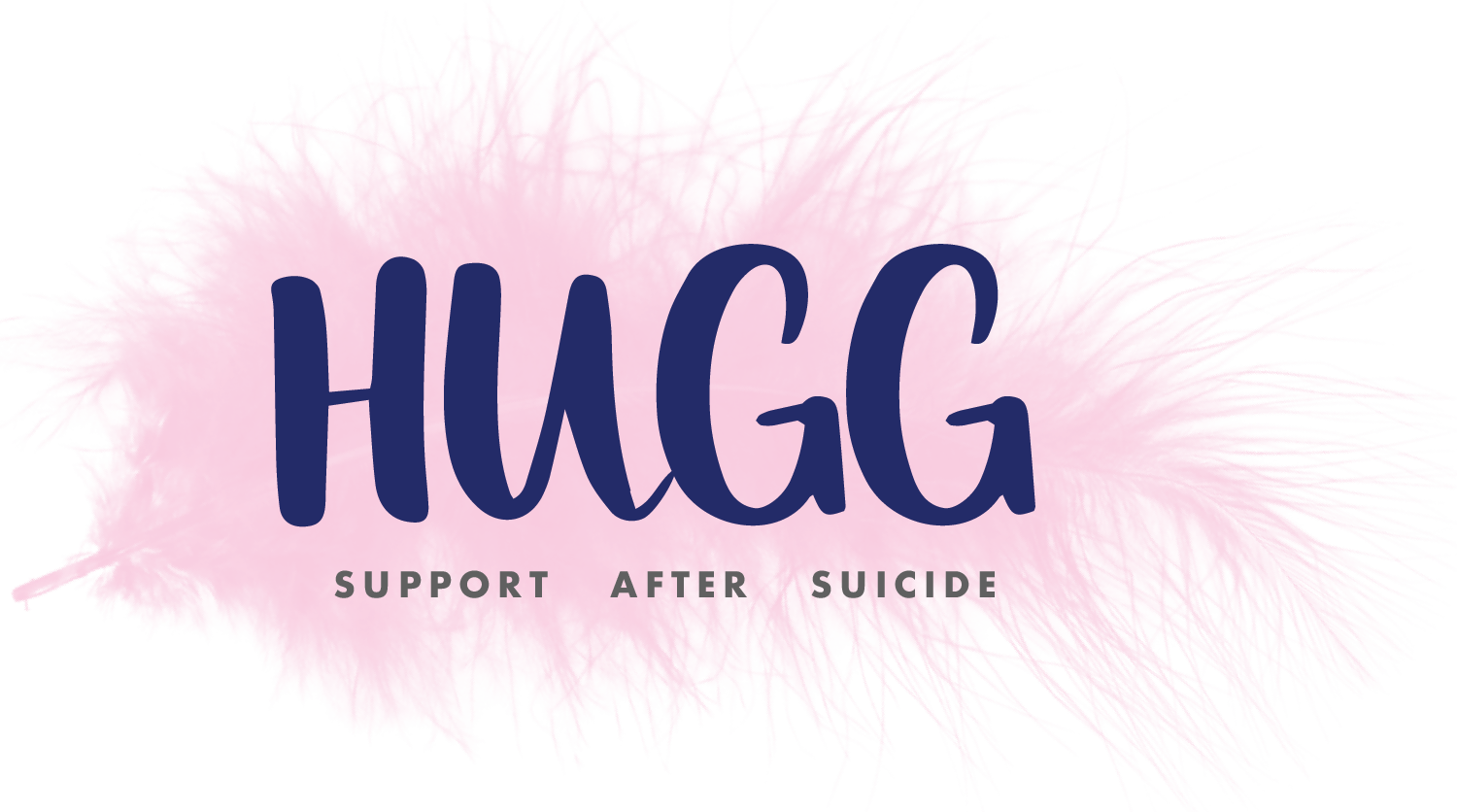
Initial reaction
After a person has died, you may feel in shock or numb, as if your life is somehow unreal or happening to someone else. You may not believe that the person is really gone, feel confused, or temporarily forget that the person has died. This initial numbness or disbelief may prevent you from feeling or expressing pain, for example you may not cry at the funeral. As the numbness and disbelief gradually wears off, you may begin to feel the pain of your loss.
Feelings The most obvious feeling associated with grieving is sadness. However, you may also feel angry, lonely, hopeless, frightened or detached. While these feelings can be painful to experience, they are all part of the grieving process. Try to be patient with yourself as you experience these difficult feelings. There is no ‘wrong’ way to feel; feeling angry, relieved or afraid is part of the pattern of grief reactions after losing someone to suicide.
Thoughts Grief can affect your thoughts too. You may question over and over again why the death happened, whether it could have been prevented or, why things didn’t happen differently. You may worry about whether your grief is ‘normal’, or wonder whether you are losing your mind. You may become forgetful or confused. These thoughts are part of an active process of making sense of your loss. However, if you are thinking about harming yourself, it is important to speak to someone you trust, preferably a health professional.
Physical effects as well as a range of emotions, you may experience physical effects in the aftermath of a death. Grief may affect your sleep, concentration, energy, appetite, digestion, or libido. Sometimes, emotional pain may be felt as physical pain, or a pre-existing condition might worsen. You may get dizzy or have headaches or you might have difficulty breathing or feel your heart rate increasing or missing a beat. If you are worried, go to your GP.
Social life It can be strange to watch life go on as normal around you while experiencing grief. You may feel alone in your loss, as if nobody around you understands how you feel. It is important to stay connected, because ‘no man is an island’. Try to accept help and support when it is offered by those around you, and don’t be afraid to ask for it. Usually, others are pleased to be able to help but might not know how to offer or what to say. You may wish to talk in depth about the person who has died or you may prefer to spend time alone. It is important to find safe places to communicate your feelings: if you are uncomfortable discussing your feelings with family and friends, it might be helpful to speak to an independent person such as a qualified grief therapist or come along to a HUGG group or talk to your GP.
Trauma Losing a person suddenly in a violent way is traumatic, and directly witnessing the death may make this even more difficult. If you witnessed the death or found your relative or friend after they died, you may find disturbing images intruding on your thoughts or dreams. Symptoms of post-traumatic stress disorder including panic attacks, nightmares and sleep disturbance may be recurring. When these symptoms persist, it is advised to contact your GP or a grief therapist.
Questioning Trying to understand why the person took their own life is an important part of grieving, and questions may run through your mind.
Even though every situation is unique, people who die by suicide often share similar characteristics. Attending the inquest or reading a suicide note may help you to understand more about the events leading up to the death. However, it is important to bear in mind that a note or message left by the person is likely to have been written while they were in crisis and so these may not provide a complete picture of the reasons why the person involved took his or her life. Even though questioning is a natural and important part of grieving, there are some questions that may never be answered, and part of grieving may involve coming to accept some level of ‘not knowing’.
Other aspects Because a suicide is a sudden death, there will be different procedures compared with natural deaths. For example, Gardaí will be involved and there will likely be a post-mortem and inquest by the Coroner to examine the cause of death. These procedures are carried out routinely and have nothing to do with crime. For some cases, there may be media attention, which can present an additional challenge. Given the overwhelming effects of grief, it may be best to avoid media contact and ask another person (such as your family solicitor or a community advocate) to act as a spokesperson if necessary.






